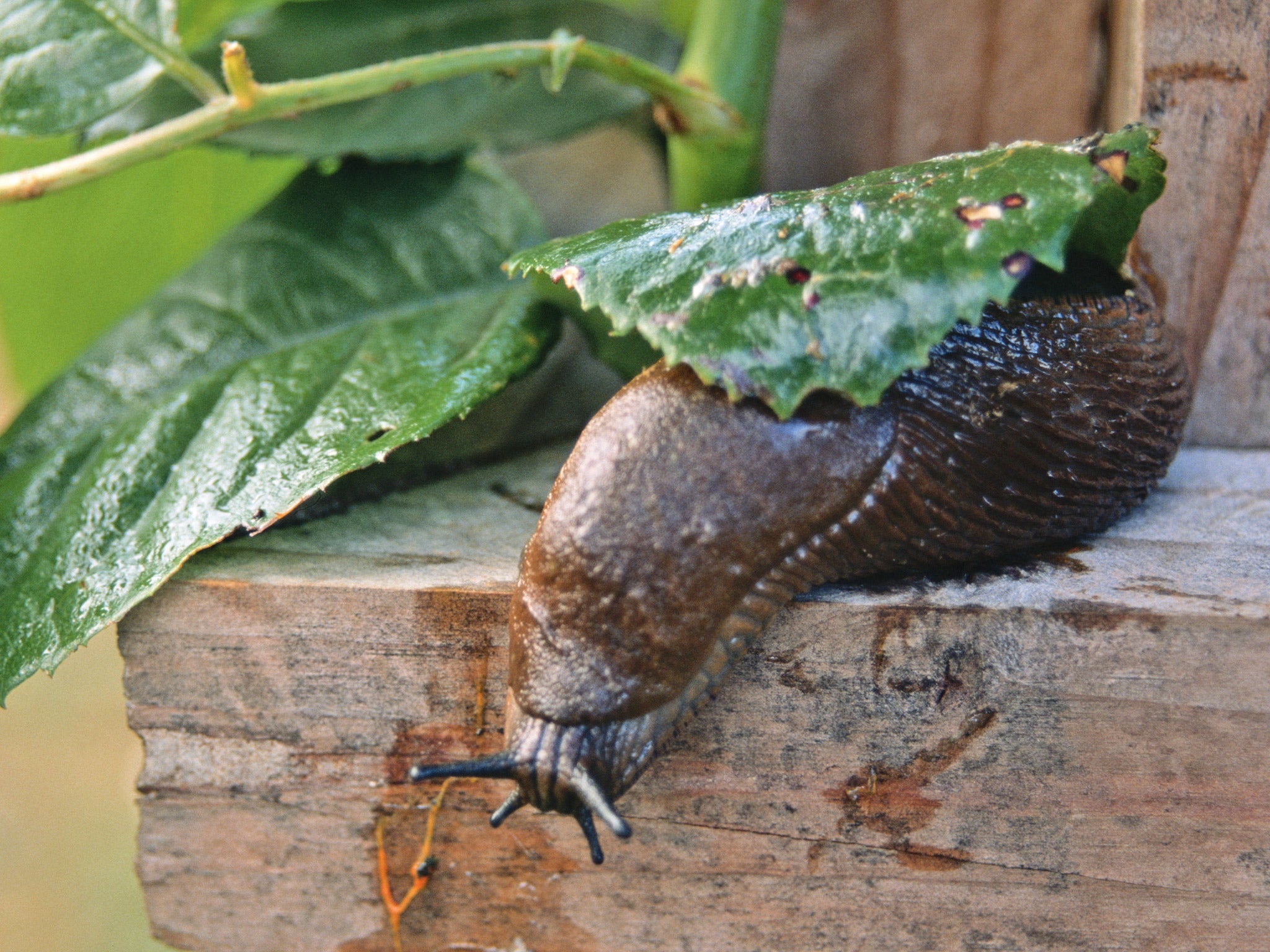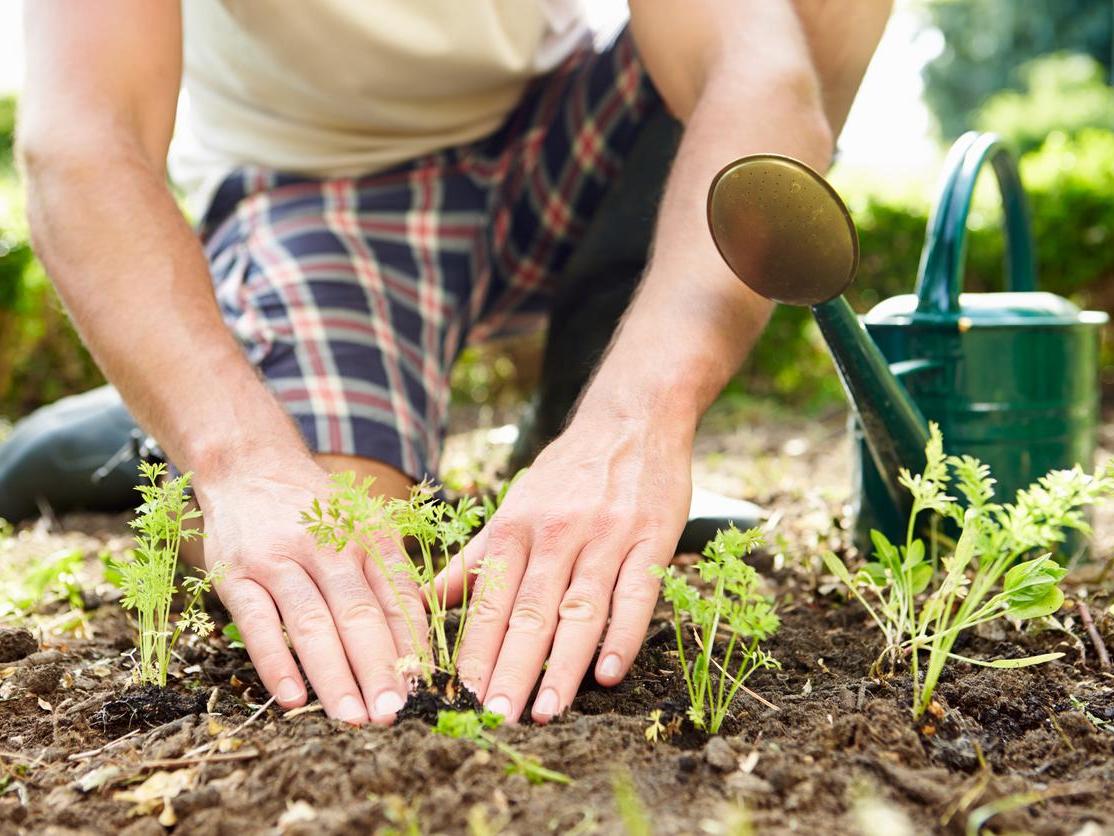Why you can expect to see fewer slugs in the garden this spring
There’s been a significant drop in slug populations after a record-breaking year

Gardeners can breathe a sigh of relief: experts predict a significant drop in slug populations this spring, following a record-breaking year for the creatures.
The Royal Horticultural Society (RHS) entomology team attributes the decline to the cold snaps experienced over the winter and the recent dry spell, creating less favourable conditions for slug proliferation.
This will be good news for gardeners raising plants like lettuce, carrots and broccoli from seed, the entomology team said.
This prediction marks a stark contrast to 2024, which saw an unprecedented surge in slug-related inquiries to the RHS, the highest since records began in the 1970s.
The mild, wet weather throughout winter, spring, and summer provided ideal conditions for slugs to thrive.
The absence of prolonged warm, dry spells meant they weren't forced underground to escape the dehydrating effects of sun and heat.
However, the RHS points out that, weather aside, their records indicate that years of high slug activity are typically followed by periods of lower activity.
This natural fluctuation is attributed to several factors, including increased predation, disease, parasites, and competition for resources when slug populations are high. These factors contribute to a natural decline in numbers.

The RHS said slugs are part of a healthy garden ecosystem, with just nine of the estimated 44 UK species being notable plant nibblers.
But the charity still advises that young plants are left to grow strong indoors, under glass or high up, before being planted in beds and borders.
It also said that glasshouse thrips and red spider mites have been thriving in gardens during recent warm summers and are on the rise nationally, but the colder start to the year could delay their presence, limiting damage to bay trees, viburnum and tomatoes this year.
Hayley Jones, principal entomologist at the RHS, said: “Slugs are here to stay so learning to think like one is how you can best limit their pesky behaviour on your plot.
“While inviting wildlife into your garden will help to keep them in check you can apply layers of management that include tweaking your watering regime, using a dry textured mulch, or manually moving slugs to a compost heap after dusk.”
Join our commenting forum
Join thought-provoking conversations, follow other Independent readers and see their replies
Comments
Bookmark popover
Removed from bookmarks